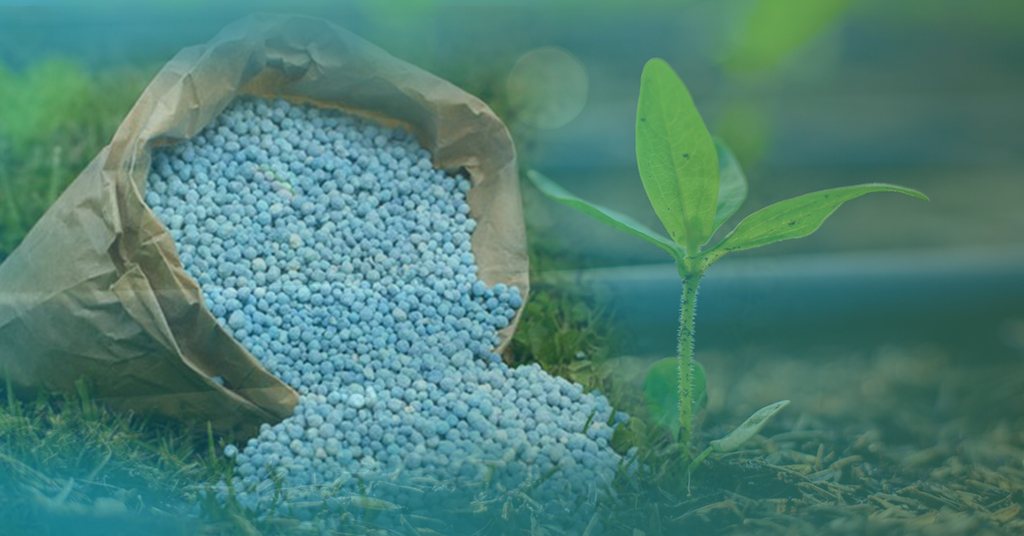Welcome To ChemAnalyst

Europe: Borealis, the petrochemicals arm of Austria’s energy major OMV, is expecting weaker Polyolefins margin developments from the first half of 2023 when compared to the same period in 2022. Despite weak sentiment carrying over from Q4 of 2022 and inflationary pressures impacting market demand growth, management remain confident in their company's outlook.
“Looking at 2022, you need to look at the development over the year. We had fantastic margins in the first half, but I don’t expect that to happen again soon,” stated Borealis’ CEO, Thomas Gangl.
“We are in a cyclical business and were expecting the downturn earlier. What is surprising to me is that it is less deep and less long than we previously thought it would be. It is reasonable for this business, maybe even more positive than we had thought.”
The company’s CFO, Mark Tonkens, stated: “Year on year, we will not see any improvement. From the fourth quarter, we expect the first quarter to be in the same type of position, maybe an improvement in volumes, but later in the year we are more optimistic and there are some signals that volumes should be better.”
The Polyolefins business has seen some improvement in the fourth quarter, with increased volumes helping to boost inventories despite declining feedstock discounts. However, progress could be disrupted in 2023 due to capacity utilization issues, as turnarounds are planned for Schwechat, Austria during the second quarter and Porvoo, Finland in the third quarter.
Tonkens attested to Borealis' success, citing their focus on specialty Polymers for automotive, energy, and health sectors - driving a significant growth in volumes. Conversely, consumer packaging demand for various materials dropped steeply due to reduced production.
Despite the unfavorable economic environment, Borealis is optimistic about the future. The company hopes to counterbalance any pressure on its margins by increasing sales volumes compared to 2022. Additionally, Borealis’ joint venture activities have excluded it from further declines in net profits. Sales volumes at Borouge facility in Abu Dhabi – a joint venture with state-owned oil major ADNOC – also increased, potentially contributing to this result.
Borealis, a joint venture between Baystar and TotalEnergies in Texas is committed to sustainability and implementing several long-term targets. Despite their commitment, the financial year was marked with challenges due to the full depreciation charge of the cracker, as well as operational disruptions caused by bad weather in the region. To prove their dedication, they have set out an ambitious roadmap that includes reducing CO2 emissions, increasing renewable energy usage, and raising its production of circular polymer and chemicals up to 600,000 tonnes/year by 2025, which would reach 1.8 million tonnes/year by 2030.
“Compared to two years ago, when we were thinking of 2025 and 2030, it was a number out there. Now we have a truly have very granular plans per year on how to get there,” stated the CFO.
“There is a clear split between organic and inorganic growth. There is a clear roadmap in what we want to achieve in mechanical and chemical recycling and the bio-feedstock based products, what is needed on acquisition side and the pipeline for that is prepared,” stated the CEO.
“We have decided to focus on the transformation in the polyolefin business, but what we see is that there are no big signals you can make. You need to make smaller steps to get there, and it needs the full range of options. It is quite different if you go for renewable feedstock and use your existing units, compared to if you must build a new unit for chemical recycling,” stated Gangl.
Borealis' operations may be affected by the European Chemicals Agency's (ECHA) decision to classify Melamine as a very high concern substance (SVHC). Although any changes in EU legislation will take some time before coming into effect, Borealis may have already stopped its Melamine production when those regulations become applicable.
Gangl, a prominent European figure, recently expressed his concerns about the heavy bureaucracy impacting EU competitiveness and production. He suggested that this may lead to having to import materials from other regions if processes cannot be streamlined.
“In general, it is a topic in Europe that we must be careful what we do with legislation, limiting or eliminating industry with the decisions that we are taking, and closing competitiveness in Europe. We cannot afford to de-industrialization in Europe, as that doesn’t help anyone,” stated Gangl.
“I am rather critical on these topics and decoupling totally from global view on that as we will not be able to keep this level of lifestyle in Europe if we are just pushing everything outward which is not perfect in all dimensions.”
Borealis is cognizant of the Member State Committee's ruling and is in the process of determining the subsequent steps to take moving forward, all while maintaining collaboration with relevant governing bodies.
“We support the position of the European Melamine Producer’s Association (EMPA) and are indeed disappointed about this nomination,” Borealis stated in an official statement on the matter.
The EMPA is advocating for ongoing conversations with the authorities and will be actively involved in the development of upcoming regulations to create an even-handed approach to Melamine.
We use cookies to deliver the best possible experience on our website. To learn more, visit our Privacy Policy. By continuing to use this site or by closing this box, you consent to our use of cookies. More info.
